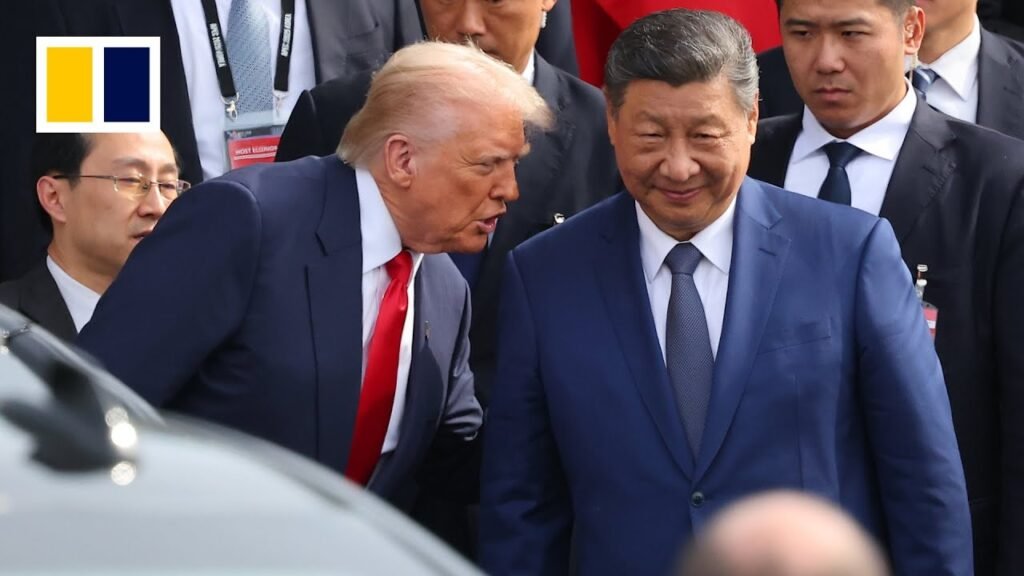China has always been known for its resilience and drive for self-reliance. Whether it’s electric vehicles, space exploration, or homegrown smartphone brands, the country has a knack for pushing boundaries and taking bold risks to reduce dependence on foreign technology.
Now, that determination has extended to one of the most crucial parts of the modern tech race, chips. But this time, it’s not just about making them locally; it’s about cutting out foreign ones entirely.
China’s BYD surpasses Tesla in EV sales and revenue amid intensifying global competition
BYD isn’t just a competitor anymore—it’s the new leader of the EV race.

Technically, the chips weren’t outrightly banned from the country. Instead, the Chinese government has issued new guidance requiring that any new data centre project receiving state funding must use only domestically made AI chips, according to Reuters. The rule is part of a broader push to strengthen China’s tech independence and limit exposure to U.S. influence.
For projects that are still early in construction, less than 30% complete, all foreign chips must be removed or purchase plans cancelled. Data centres already close to completion, however, will be reviewed on a case-by-case basis to determine whether they can still use imported chips.
This move comes after years of U.S. export restrictions that have made it harder for China to buy advanced semiconductors, especially from American companies. The U.S. has repeatedly justified these measures as necessary to prevent its technology from being used for military purposes, but in doing so, it has also left Chinese tech firms at the mercy of U.S. policy decisions. So, it’s not too surprising that Beijing has decided to simply remove that dependency altogether by mandating that any state-backed data centre must rely entirely on homegrown chips.
And as bold as that sounds, it’s not without consequences, especially for Nvidia, AMD, and Intel, who have long supplied China with high-performance chips for AI computing. Nvidia, in particular, has taken a huge hit. Reports show the company once held around 95% of China’s AI chip market but has dropped to zero after the latest wave of restrictions according to Nvidia’s CEO Jensen Huang.
Losing access to state-funded data centre contracts, which have drawn more than $100 billion in public investment since 2021, means losing a major slice of potential revenue.
For local players like Huawei, Cambricon, and startups such as MetaX and Enflame, this presents be a huge opportunity to step in and fill the gap. It’ll be interesting to see if any of these Chinese makers can somehow use this to becoma a major force in the chip industry. But for now, it’s clear that China really isn’t trying to be reliant anymore. It wants to stand on its own.
China’s AI Stock Boom is Outpacing the U.S., But Can it Last?
Chinese chip and tech stocks are posting triple-digit gains as Beijing fuels an AI boom, but rising valuations are testing investor patience.








